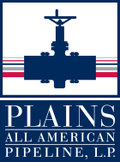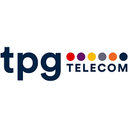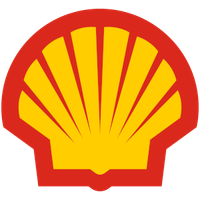
Shell PLC
LSE:SHEL
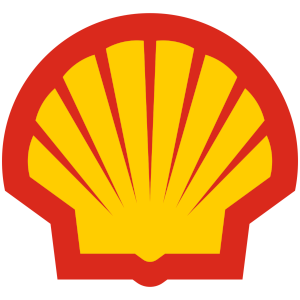

| US |

|
Johnson & Johnson
NYSE:JNJ
|
Pharmaceuticals
|
| US |

|
Berkshire Hathaway Inc
NYSE:BRK.A
|
Financial Services
|
| US |

|
Bank of America Corp
NYSE:BAC
|
Banking
|
| US |

|
Mastercard Inc
NYSE:MA
|
Technology
|
| US |

|
UnitedHealth Group Inc
NYSE:UNH
|
Health Care
|
| US |

|
Exxon Mobil Corp
NYSE:XOM
|
Energy
|
| US |

|
Pfizer Inc
NYSE:PFE
|
Pharmaceuticals
|
| US |

|
Palantir Technologies Inc
NYSE:PLTR
|
Technology
|
| US |

|
Nike Inc
NYSE:NKE
|
Textiles, Apparel & Luxury Goods
|
| US |

|
Visa Inc
NYSE:V
|
Technology
|
| CN |

|
Alibaba Group Holding Ltd
NYSE:BABA
|
Retail
|
| US |

|
JPMorgan Chase & Co
NYSE:JPM
|
Banking
|
| US |

|
Coca-Cola Co
NYSE:KO
|
Beverages
|
| US |

|
Walmart Inc
NYSE:WMT
|
Retail
|
| US |

|
Verizon Communications Inc
NYSE:VZ
|
Telecommunication
|
| US |

|
Chevron Corp
NYSE:CVX
|
Energy
|
Utilize notes to systematically review your investment decisions. By reflecting on past outcomes, you can discern effective strategies and identify those that underperformed. This continuous feedback loop enables you to adapt and refine your approach, optimizing for future success.
Each note serves as a learning point, offering insights into your decision-making processes. Over time, you'll accumulate a personalized database of knowledge, enhancing your ability to make informed decisions quickly and effectively.
With a comprehensive record of your investment history at your fingertips, you can compare current opportunities against past experiences. This not only bolsters your confidence but also ensures that each decision is grounded in a well-documented rationale.
Do you really want to delete this note?
This action cannot be undone.

| 52 Week Range |
2 291.5
2 908.6418
|
| Price Target |
|
We'll email you a reminder when the closing price reaches GBX.
Choose the stock you wish to monitor with a price alert.

|
Johnson & Johnson
NYSE:JNJ
|
US |

|
Berkshire Hathaway Inc
NYSE:BRK.A
|
US |

|
Bank of America Corp
NYSE:BAC
|
US |

|
Mastercard Inc
NYSE:MA
|
US |

|
UnitedHealth Group Inc
NYSE:UNH
|
US |

|
Exxon Mobil Corp
NYSE:XOM
|
US |

|
Pfizer Inc
NYSE:PFE
|
US |

|
Palantir Technologies Inc
NYSE:PLTR
|
US |

|
Nike Inc
NYSE:NKE
|
US |

|
Visa Inc
NYSE:V
|
US |

|
Alibaba Group Holding Ltd
NYSE:BABA
|
CN |

|
JPMorgan Chase & Co
NYSE:JPM
|
US |

|
Coca-Cola Co
NYSE:KO
|
US |

|
Walmart Inc
NYSE:WMT
|
US |

|
Verizon Communications Inc
NYSE:VZ
|
US |

|
Chevron Corp
NYSE:CVX
|
US |
This alert will be permanently deleted.
Intrinsic Value
The intrinsic value of one
 SHEL
stock under the Base Case scenario is
hidden
GBX.
Compared to the current market price of 2 737 GBX,
Shell PLC
is
hidden
.
SHEL
stock under the Base Case scenario is
hidden
GBX.
Compared to the current market price of 2 737 GBX,
Shell PLC
is
hidden
.
The Intrinsic Value is calculated as the average of DCF and Relative values:
Valuation History
Shell PLC

SHEL looks undervalued. But is it really? Some stocks live permanently below intrinsic value; one glance at Historical Valuation reveals if SHEL is one of them.
Learn how current stock valuations stack up against historical averages to gauge true investment potential.
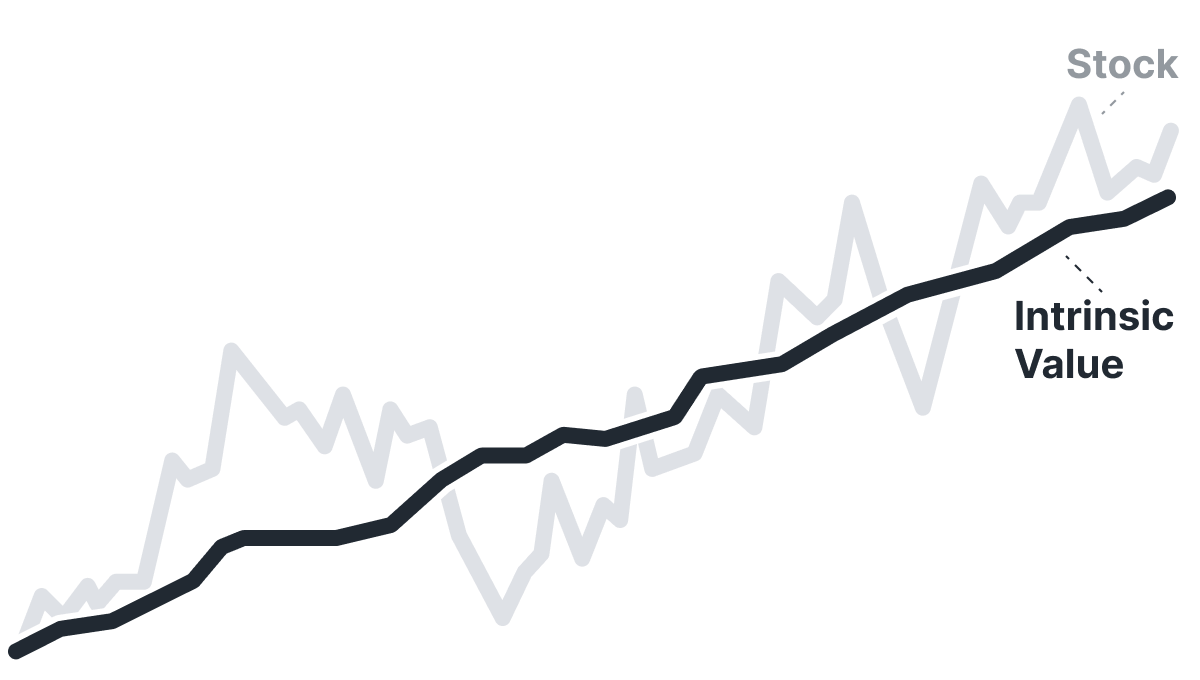
Let our AI compare Alpha Spread’s intrinsic value with external valuations from Simply Wall St, GuruFocus, ValueInvesting.io, Seeking Alpha, and others.
Let our AI break down the key assumptions behind the intrinsic value calculation for Shell PLC.
| SA |

|
Saudi Arabian Oil Co
SAU:2222
|
|
| US |

|
Exxon Mobil Corp
NYSE:XOM
|
|
| US |

|
Chevron Corp
NYSE:CVX
|
|
| CN |

|
PetroChina Co Ltd
SSE:601857
|
|
| NL |
R
|
Royal Dutch Shell PLC
OTC:RYDAF
|
|
| FR |
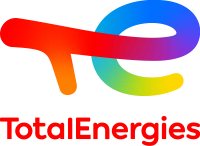
|
TotalEnergies SE
PAR:TTE
|
|
| CN |

|
China Petroleum & Chemical Corp
SSE:600028
|
|
| UK |

|
BP PLC
LSE:BP
|
|
| BR |

|
Petroleo Brasileiro SA Petrobras
BOVESPA:PETR4
|
|
| NO |

|
Equinor ASA
OSE:EQNR
|
Fundamental Analysis
Select up to 3 indicators:
Select up to 3 indicators:

Revenue & Expenses Breakdown
Shell PLC

Balance Sheet Decomposition
Shell PLC

| Current Assets | 121.2B |
| Receivables | 45.3B |
| Other Current Assets | 75.9B |
| Non-Current Assets | 256.6B |
| Long-Term Investments | 25.3B |
| PP&E | 183.9B |
| Intangibles | 25.6B |
| Other Non-Current Assets | 21.8B |
| Current Liabilities | 89.6B |
| Other Current Liabilities | 89.6B |
| Non-Current Liabilities | 112.3B |
| Long-Term Debt | 64B |
| Other Non-Current Liabilities | 48.3B |
Free Cash Flow Analysis
Shell PLC

| USD | |
| Free Cash Flow | USD |
Earnings Waterfall
Shell PLC

|
Revenue
|
269.1B
USD
|
|
Cost of Revenue
|
-200.6B
USD
|
|
Gross Profit
|
68.5B
USD
|
|
Operating Expenses
|
-38.3B
USD
|
|
Operating Income
|
30.2B
USD
|
|
Other Expenses
|
-15.5B
USD
|
|
Net Income
|
14.6B
USD
|
SHEL Profitability Score
Profitability Due Diligence

Shell PLC's profitability score is hidden . The higher the profitability score, the more profitable the company is.

Score
Shell PLC's profitability score is hidden . The higher the profitability score, the more profitable the company is.
SHEL Solvency Score
Solvency Due Diligence

Shell PLC's solvency score is hidden . The higher the solvency score, the more solvent the company is.

Score
Shell PLC's solvency score is hidden . The higher the solvency score, the more solvent the company is.
Wall St
Price Targets
SHEL Price Targets Summary
Shell PLC

According to Wall Street analysts, the average 1-year price target for
 SHEL
is 3 340.55 GBX
with a low forecast of 2 727 GBX and a high forecast of 6 192.37 GBX.
SHEL
is 3 340.55 GBX
with a low forecast of 2 727 GBX and a high forecast of 6 192.37 GBX.
Dividends
Current shareholder yield for  SHEL is
hidden
.
SHEL is
hidden
.
Shareholder yield represents the total return a company provides to its shareholders, calculated as the sum of dividend yield, buyback yield, and debt paydown yield. What is shareholder yield?
The intrinsic value of one
 SHEL
stock under the Base Case scenario is
hidden
GBX.
SHEL
stock under the Base Case scenario is
hidden
GBX.
Compared to the current market price of 2 737 GBX,
 Shell PLC
is
hidden
.
Shell PLC
is
hidden
.


